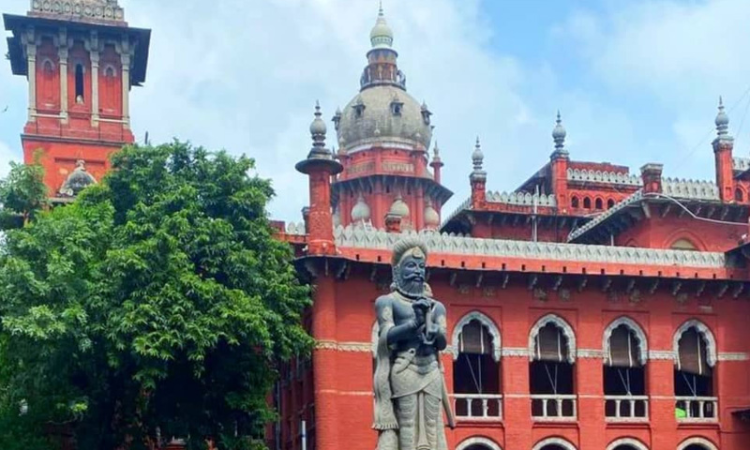Reservation For Women In Public Employment Can Only Be Horizontal, Not Vertical: Madras High Court To TNPSC
Upasana Sajeev
9 Sept 2022 7:30 AM IST

Reservation in public employment can't be governed by Article 15 of the Constitution.
Next Story
9 Sept 2022 7:30 AM IST
